Mozambique: Government promises to pay December wages - AIM report
Mozambique: President Chapo admits the possibility of removing VAT to ease the cost of living
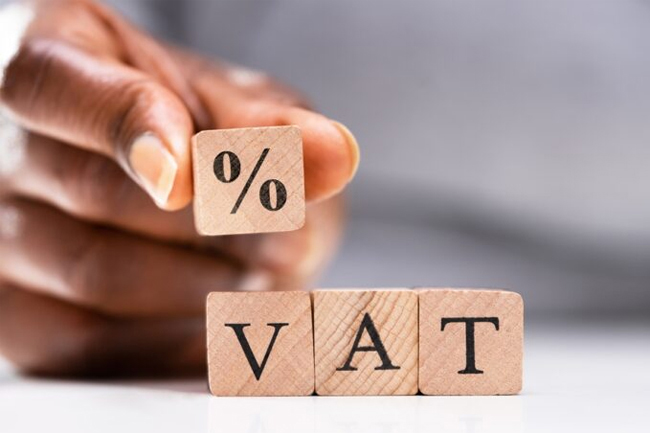
FILE - For illustration purposes only. [File photo: Ewnews]
President Chapo today said he was considering the possibility of removing Value Added Tax (VAT) on basic necessities and intervening to reduce fuel prices, in a bid to alleviate the cost of living.
“We are working to find solutions, and one of them is to take the products from the basic basket of the Mozambican people and investigate the possibility of removing VAT, which makes the products in the basic basket more expensive,” President Daniel Chapo told a press conference in Addis Ababa, capital of Ethiopia, taking stock of his initial participation in the 38th African Union (AU) summit.
At issue are the successive demonstrations and strikes in Mozambique, in which, in addition to contesting the results of the general elections of October 9th, express discontent over the high cost of living and lack of jobs.
The president said he would present in the next Council of Ministers’ sessions, measures related to reducing the cost of living, specifically with regard to the issue of taxes on basic necessities.
At the same press conference, the Mozambican president admitted to intervening with government measures to reduce fuel costs, which, he said, make products more expensive for the ultimate consumer.
“There may be, in issues related to fuel, some additional aspects that lead to the fuel having a (higher) price, and as you know, when it is expensive, the last consumer is the one who pays. (…) The country does not produce fuel, its price does not depend on the country, but in the components that lead to the definition of the price, an exercise can be carried out to cut certain aspects that can alleviate the price of fuel,” Chapo explained.
Chapo again referred to ongoing discussions between the government and concessionaires with the aim of subsidizing the price of tolls in the Greater Maputo region, as well as the economic recovery package initiatives for small and medium-sized companies in the face of destruction and vandalisation during the post-election demonstrations.
“All these measures ensure that, in the coming days, Mozambicans will feel that the government is attentive, working and focused on recovering the economy, but all of this is only possible with peace, social, economic and political harmony,” Chapo stressed, reitaring calls for an end to the destruction and vandalism.
Mozambican businesspeople had previously asked the government to exempt them from paying VAT on essential products to compensate for the impacts of the demonstrations and strikes.
“At a fiscal level, we propose the removal of VAT on oil, soaps and sugar, including chicken and eggs, which are basic products of great interest to the most disadvantaged groups,” president of the Confederation of Economic Associations of Mozambique (CTA), Agostinho Vuma declared, on December 12, 2024.
The CTA estimated, last December 30, that more than 500 companies had been vandalized during post-election demonstrations in Mozambique and at least 12,000 people rendered unemployed as a result.
Since October of last year, at least 327 people have died, including around two dozen minors, and around 750 have been shot during protests, according to the electoral platform Decide, a non-governmental organization that monitors electoral processes. These are demonstrations and strikes called, first, by former presidential candidate Venâncio Mondlane, who does not recognize the results. On the streets today, the protests are mostly taken up by young people, who question the 50 years of governance of the Front for the Liberation of Mozambique (Frelimo) and, in addition to the argument of electoral truth, include, as motivations, unemployment and low education, which, of the 32 million Mozambicans, affects a third of the approximately 9.4 million young people.


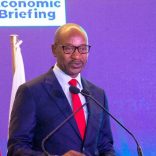
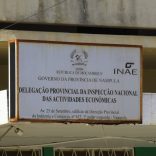
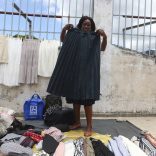



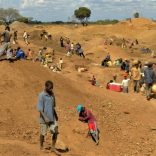
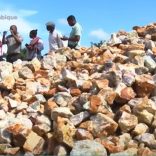
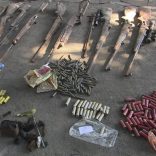

Leave a Reply
Be the First to Comment!
You must be logged in to post a comment.
You must be logged in to post a comment.